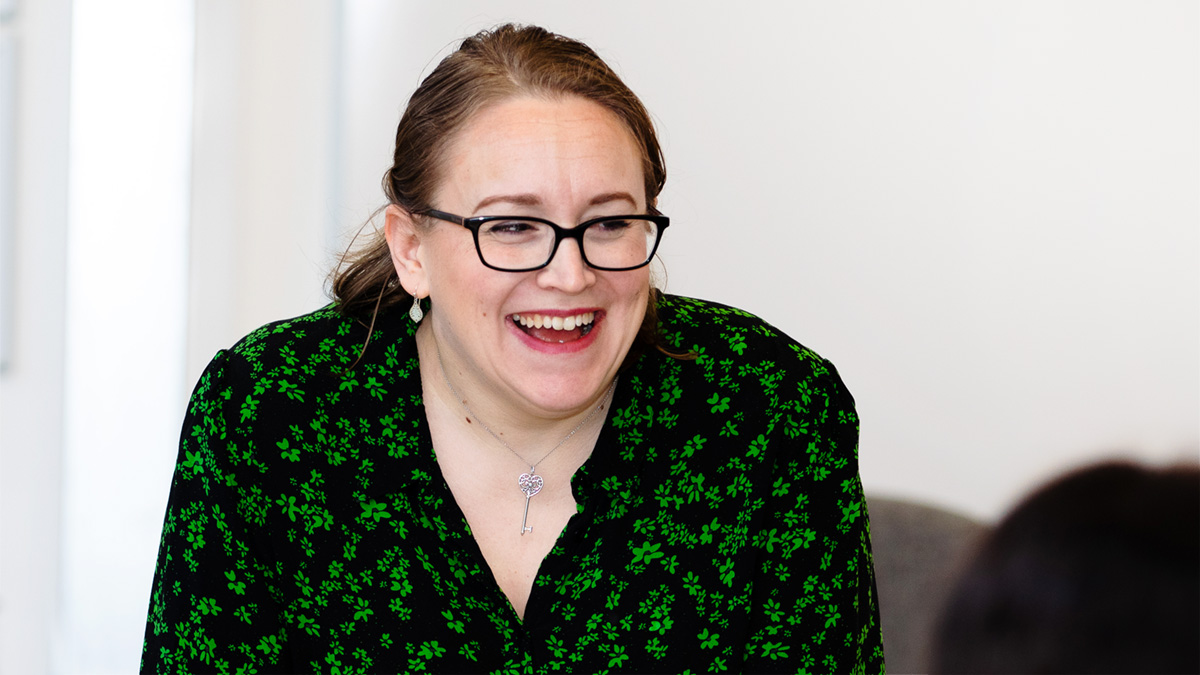Welcome to the Primary Postgraduate Initial Teacher Education (PG ITE) Programme. We are delighted that you will be joining us in the 2025-2026 academic year, and we very much look forward to seeing you in September.
Please navigate around the site carefully to access key information.
You may be interested to know that the IoE has recently had an Ofsted inspection. You can read our press release here.
Scarlett Murphy
PG ITE Programme Director
(Please note: This site is for those recruited directly by the University and not for those who applied through our Lead Partners.)
